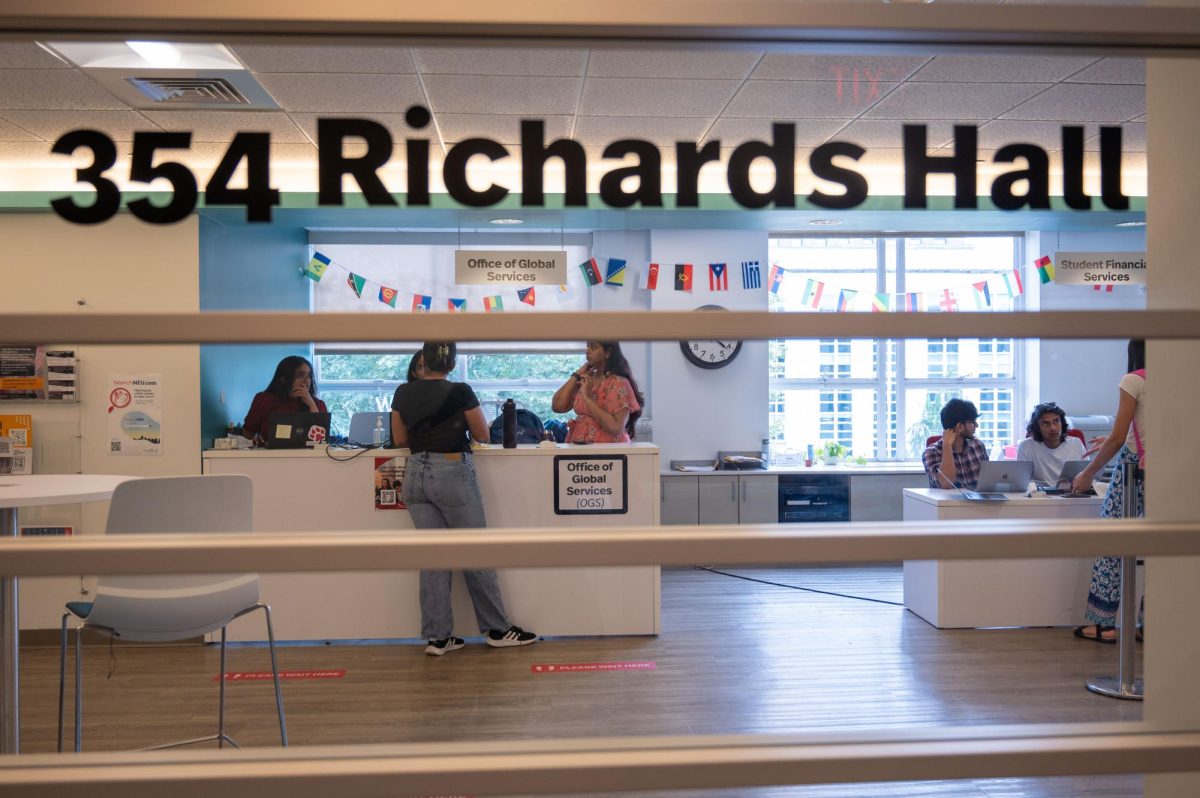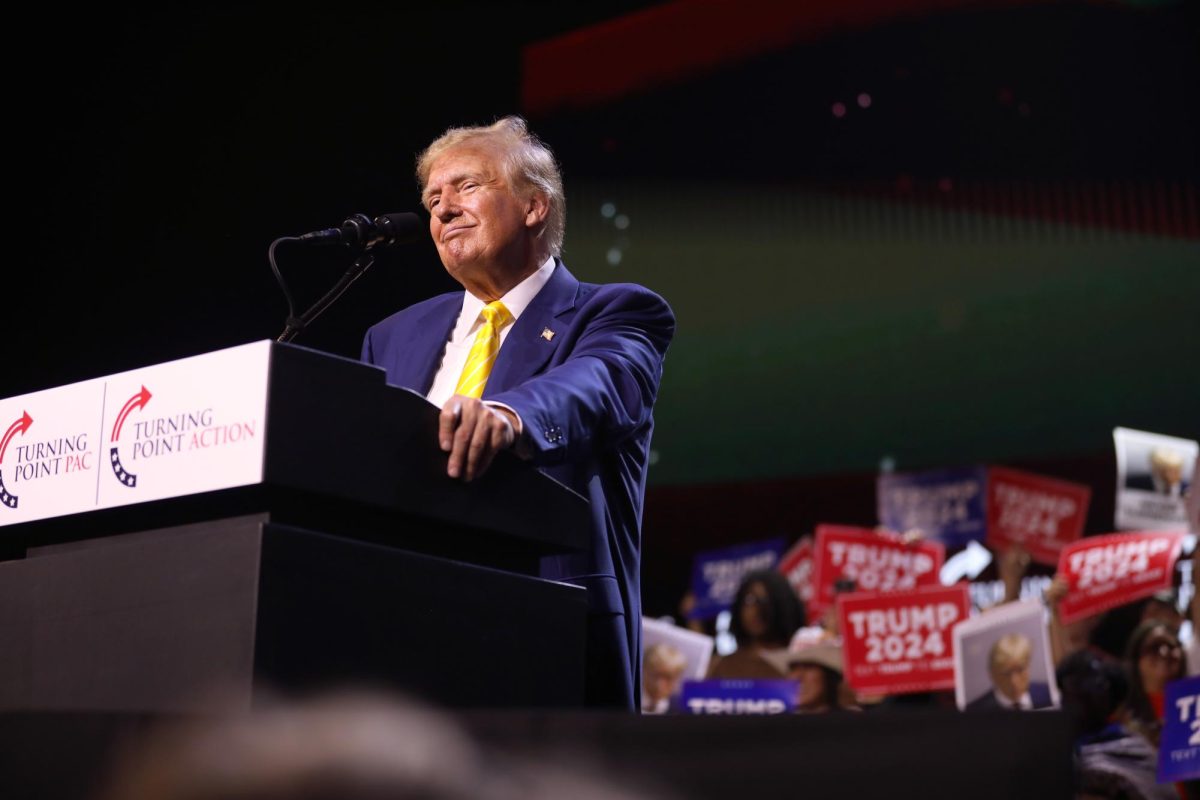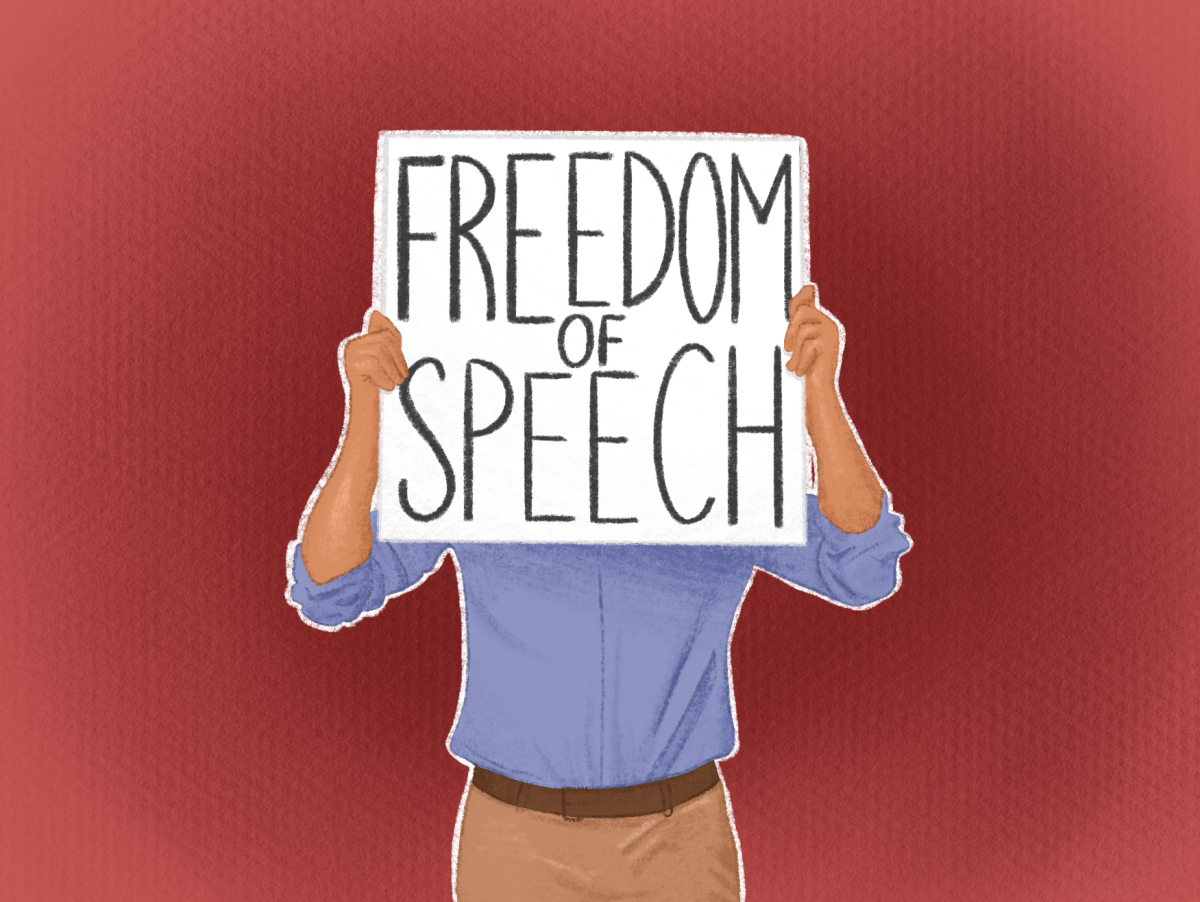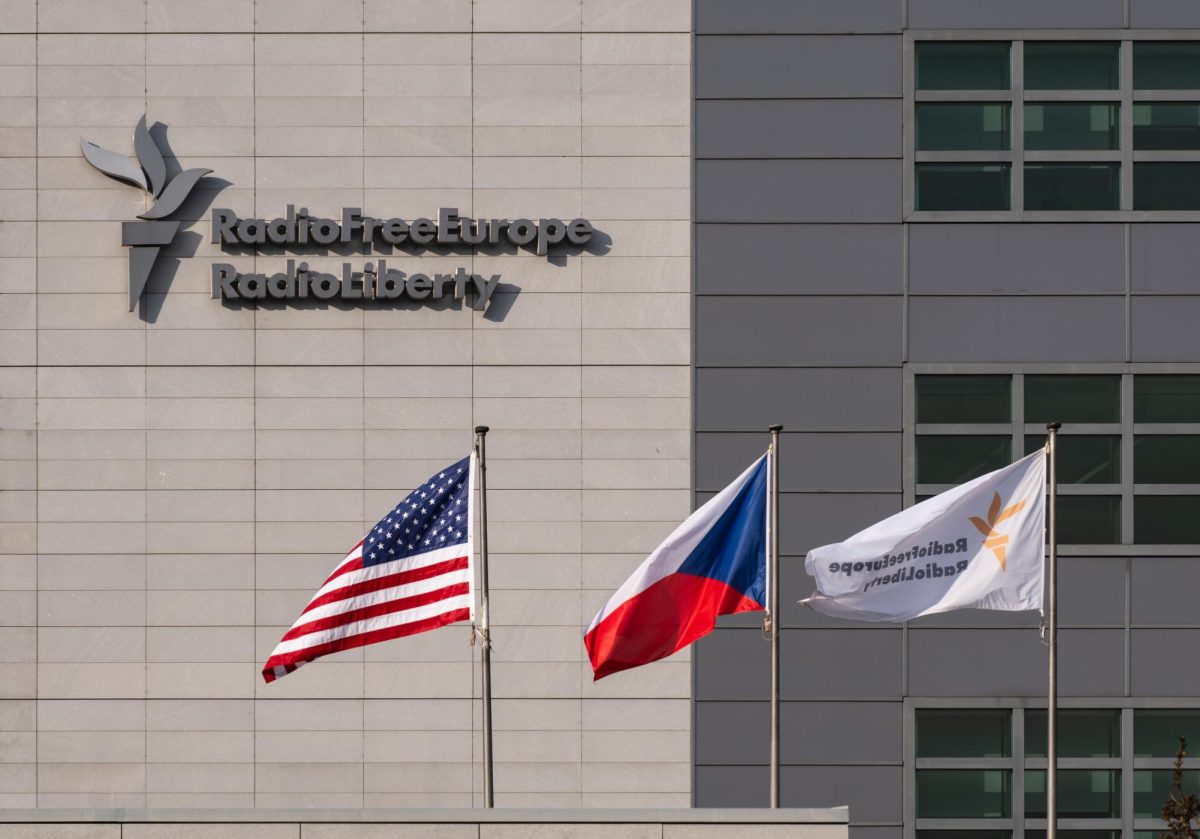On Monday, crowds originating from all over the country will descend upon Boston once again to attend, perhaps, the most important Boston Marathon ever.
The race will serve as both a grim reminder of a horrible week and a reassuring show of strength in the wake of a terrible tragedy. Regardless of what it means to you, it will be different.
I, as many people who grew up around Boston, have fond memories of attending the Boston Marathon with my family as a child. It was always a yearly excuse for a fun day in the city. Cheering on people we did and didn’t know in the sun, marveling at the resolve of the runners and feeling some local pride. I can’t remember ever having a bad Marathon experience.
This didn’t change after I came to Northeastern. With newfound friends from out of state, I attended the Boston Marathon during my freshman year. I remember taking great pride in being a part of such a globally minded city. The thought that runners from all over the world were flocking to Boston was something that I never really appreciated until I lived here. In a way, it only added to my perception of a city that I had come to know so well over the years.
This rings true for most Massachusetts residents. We all have an inherent, special respect for Boston. Even with all of its quirks – from Orange Line horror stories to national guard-worthy victory celebrations – Boston is deemed the best of the best by the people who call Massachusetts home.
While the Marathon was never the primary thing associated with Boston, it was certainly a big part of the city’s illustrious narrative. And while the actions of a deluded few will never take away that piece of Boston history, it is hard for me to look at the Marathon with the same “fun and carefree” attitude that I had growing up.
In the same way that 9/11 changed the way we look at travel, last year’s bombings have changed the way we look at the Marathon. An event celebrating healthy, global competition was made vulnerable. The inherent neighborly trust exhibited by each spectator was horrifically betrayed.
Even now, as I write this, police are in the midst of dealing with some perverse copycat, loser in face paint planting backpacks at the finish line.
As a Boston resident, a New Englander and, most importantly, an American, it is hard not to be angry all over again. Angry because the world we live in does not reward innocence. Angry because, in the most basic sense, there are people on this earth who refuse to behave.
But this is the world we live in, and while the meaning of the Marathon might be different, its continuation is a symbol that there are still people in the world – not just in Boston – who value peace and global unity. The Marathon will forever be a sign that these senseless acts of violence hurt their own cause and provoke even stronger reactions.
Like Munich and 9/11, no one will remember or care why the perpetrators did what they did. They are dead or imprisoned and in 50 years no one will know their names. In the modern era, violence in support of a cause simply does not work. Advancements in technology have only brought the world closer together, and in this new closeness, an intolerance for those who harm the innocent and a desire to show resolve in the wake of tragedy – a concept that will be proven on Monday.
So while the Marathon may never be exactly the same as it was when I was a child, its message will take on an even greater importance both at home and globally.
And I can live with that.
Photo courtesy JD, Creative Commons.








